India's Long-Term Growth Experience: Lessons and Prospects
Synopsis
India's rapid growth since 1980 is transforming it into a modern economic power with the economy rising from a low rank of 50 in 1979 as measured in nominal US dollars, to 12th position in 2003. When income is measured in regard to purchasing power parity, India ranked fourth in the world in 2003, behind only the United States, China, and Japan. Due to the closed nature of the Indian economy until the 1980s, India continues to be a small player in the arena of international trade and investment flows. But with the recent opening up of the economy and rapid growth in the export of goods and services, India is definitely gaining strength. The tremendous surge in the export of services since 2001 is drawing international attention, inducing many IT-based global services to move to India. Also private capital flows - including foreign direct investment - which were initially very limited, are now showing dynamism. Few had predicted that the "sleeping giant" would wake up to attain - and sustain - an average growth rate of about 6 percent per annum, which till the 1970s had been a meager 3 percent. In fact, with 7.9 percent per annum growth during 2002-05, there is increasing optimism about the economy achieving even higher growth rates. This situation has fueled a very lively debate in India, primarily on two aspects. The first concerns the factors underlying India's long-term growth and the other relates to the sustainability of this growth. Sadiq Ahmed reviews this critical debate in the context of India's long-term growth experience, opportunities, and challenges and examines the factors that helped to achieve rapid economic growth during the past 25 years. He draws on his findings to analyze the main constraints that are likely to affect the country's growth in the future and highlight the policies that are needed to ease them. This volume will be of considerable interest to economists, social scientists, policy-makers, and scholars.
Read more
30.60
27.54
$
34.00 $
Free delivery Wolrdwidе in 10-18 days
Ships in 1-2 days from New Delhi
Membership for 1 Year $35.00
Get it now and save 10%
Get it now and save 10%
BECOME A MEMBER

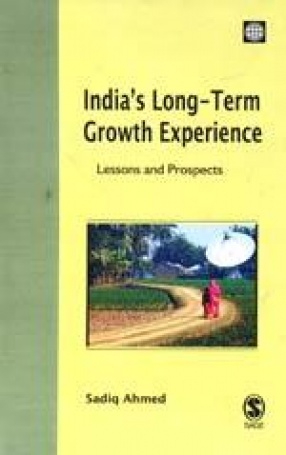
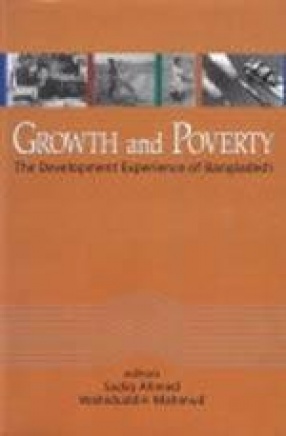
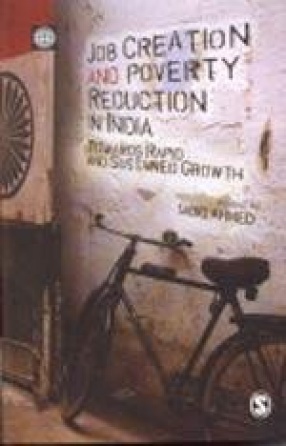
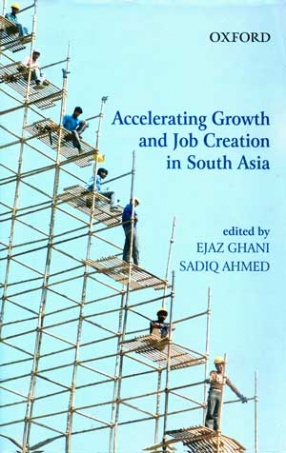
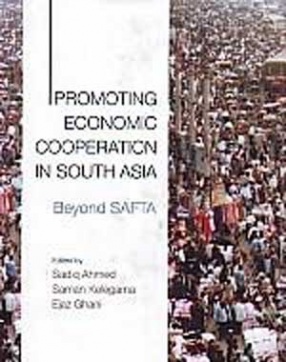





Bibliographic information